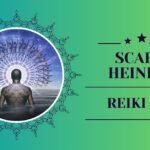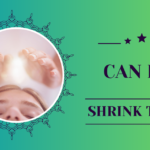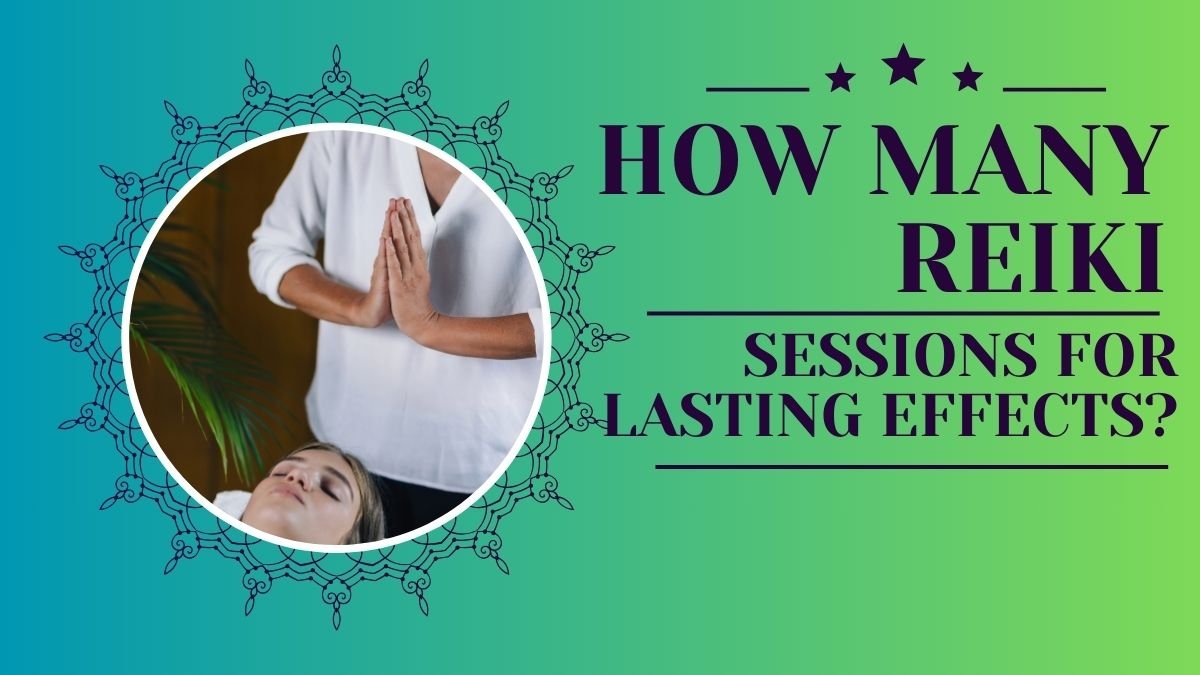When it comes to therapy or any form of personal development, one of the first questions people often ask is, “How Many Reiki Sessions are Needed for Lasting Effects?” The answer is not straightforward because it depends on the individual, the nature of their concerns, and their goals. Generally, it’s about finding the right balance between giving the process enough time to work and recognizing when you’ve achieved the outcomes you’re seeking.
Understanding Reiki Healing
Reiki is a gentle healing technique that uses energy to help the body heal itself. It’s like when you sit in the sunlight and feel the warmth make you feel better — Reiki works similarly but with energy. A Reiki practitioner uses their hands to deliver energy to your body, helping to relax and heal you. It’s natural, safe, and doesn’t require any special equipment.
How Many Reiki Sessions Are Needed?


The number of Reiki sessions needed varies for each person. Generally, a series of three to four sessions are recommended to start feeling significant benefits. For deeper or chronic conditions, ongoing sessions may be beneficial. It’s important to remember that healing is a personal journey, and the response to Reiki can differ based on individual needs and circumstances.
Short-Term Goals
For individuals with short-term stress or concerns, a few sessions can help alleviate symptoms and restore balance. Stress, anxiety, or feeling ‘off’ due to minor life changes may be sufficiently addressed in as little as three to six sessions spread over a month.
Long-Term Healing
For deeper healing of chronic conditions or emotional traumas, long-term Reiki practice may be necessary. Regular, weekly sessions might be advised for a couple of months or more, gradually reducing frequency as stability and health improve.
Intuitive Approach
Some Reiki practitioners will advise based on intuition, observing the recipient’s response to the energy work. This approach may cater to individual needs and the nature of the condition being addressed.
Self-Practice
In addition to professional sessions, individuals can be taught self-Reiki practices to perform daily. This enhances the effects of in-person sessions and empowers the individual to maintain their energetic balance.
Effects of Reiki Over Time

- Immediate Aftermath: Right after a Reiki session, you might feel deeply relaxed or even drowsy. Some people report feeling a sense of calmness and mental clarity.
- Hours After a Session: In the next few hours, you may notice a decrease in stress levels. Physical symptoms like pain can lessen, and emotional distress may feel more manageable.
- Days Following a Session: Over the next few days, the benefits of Reiki can become more apparent. Sleep quality often improves, leading to increased energy levels and better mood regulation.
- Weeks of Regular Sessions: With regular sessions over weeks, many find that their overall sense of well-being improves. Chronic conditions may show signs of easing, and emotional healing can deepen.
- Months into Practice: After months of consistent Reiki therapy, profound changes can occur. This may include significant shifts in health, a more positive outlook on life, and enhanced personal growth and self-awareness.
- Long-Term Effects: Long-term practitioners of Reiki often report sustained improvements in physical and emotional health. The practice can lead to a deeper connection with oneself and a greater ability to cope with life’s challenges.
Who Needs Reiki Healing?

If you are dealing with any of the below conditions or situations, a minimum of four Reiki sessions would be beneficial to allow for ongoing and optimal health and wellness:
- Depression and Anxiety: For those experiencing depression and anxiety, Reiki sessions can be a supportive component in managing these conditions. The calming and grounding effects of Reiki may help to soothe the nervous system, reducing feelings of depression and anxiety. It is recommended to start with at least four sessions to initiate the healing process, with further sessions adjusted based on individual response and needs. The non-invasive nature of Reiki makes it an accessible option for individuals seeking a holistic approach to complement traditional treatments.
- Chronic Pain or Illness: Reiki can provide relief by aiding in the body’s natural healing process, reducing pain and symptoms associated with chronic conditions.
- Mental Health Issues: For those struggling with anxiety, depression, or stress, Reiki sessions can promote mental clarity and emotional balance.
- Recovery from Trauma: Reiki’s gentle energy can support the healing of emotional wounds, helping individuals recover from traumatic experiences.
- Insomnia or Sleep Disorders: Regular sessions can improve sleep quality, enabling the body and mind to rest and rejuvenate more effectively.
- Life Transitions: During times of significant change, such as moving, career changes, or the loss of a loved one, Reiki can help maintain equilibrium and cope with stress.
- Spiritual Growth: Those seeking deeper spiritual connection or personal growth may find Reiki sessions enhance their journey, fostering a greater sense of peace and purpose.
Reiki: How Often Should You Practice?

- Listen to Your Body: You should pay attention to how you feel. If you feel good, maybe you can do Reiki less often. If you’re not feeling well, you might need Reiki more.
- Start with More: In the beginning, maybe do Reiki 3 to 4 times in a few weeks. This helps start the healing.
- For Quick Help: If you’re just a little stressed or upset, a few sessions might be enough.
- For Bigger Problems: If you have big health or emotional issues, you might need Reiki every week for a while, then less often.
- Check How You Feel: After some sessions, see if you feel better. You can decide to do more or less Reiki based on this.
- You Can Learn Too: Learning to do Reiki on yourself can help you stay balanced every day.
Money and Reiki Frequency

Deciding how often to undergo Reiki sessions mainly depends on your wellbeing goals and budget. Initially, it might be beneficial to start with a series of three to four weekly sessions. This can establish a foundation for the energy to work and address any deeper imbalances. After this initial phase, many choose to have monthly sessions for maintenance and continual well-being. Remember, each session typically costs between $50 to $100, so plan according to what you can comfortably afford without stress.
Conclusion
Reiki healing is a profound and personal experience that has the potential to create lasting changes in one’s life. The number of sessions required for you to experience these changes is less about a rigid number and more about your personal needs and dedication to the practice.
Approach Reiki with an open heart and willingness to engage with the process. By doing so, you can unlock the full potential of this ancient healing art, allowing it to touch every aspect of your being and lead you to a more balanced, healthy, and peaceful existence.
Frequently Asked Questions (FAQs)
1. What can I expect to feel during a Reiki session?
During a Reiki session, individuals often experience a sense of deep relaxation and peace. Some may feel a gentle warmth or tingling sensation where the practitioner’s hands are placed or throughout the body. Emotional releases may occur, leading to a feeling of well-being and lightness.
2. Is Reiki safe for everyone?
Yes, Reiki is safe for people of all ages, including children, pregnant women, and the elderly. It is a non-invasive practice and complements other medical treatments and therapies without interfering with them.
3. Can Reiki help with physical pain or illnesses?
While Reiki is not a cure for diseases or illness, many people report relief from pain and symptoms, improved healing times, and reduced side effects of medications. Reiki works on emotional, physical, and spiritual levels, promoting overall well-being which can positively impact health conditions.
4. Do I need to follow a specific religion or belief system to benefit from Reiki?
No, Reiki is not tied to any particular religion or belief system. It can be practiced on anyone, regardless of their faith or beliefs. The key to Reiki is openness to the healing process, not adherence to a specific spiritual viewpoint.
5. How do I choose a Reiki practitioner?
Look for a practitioner who is certified and experienced. It’s important to choose someone with whom you feel comfortable and at ease, as the effectiveness of Reiki can be enhanced in a space of trust and relaxation. Don’t hesitate to ask about their training, experience, and approach to Reiki healing.







